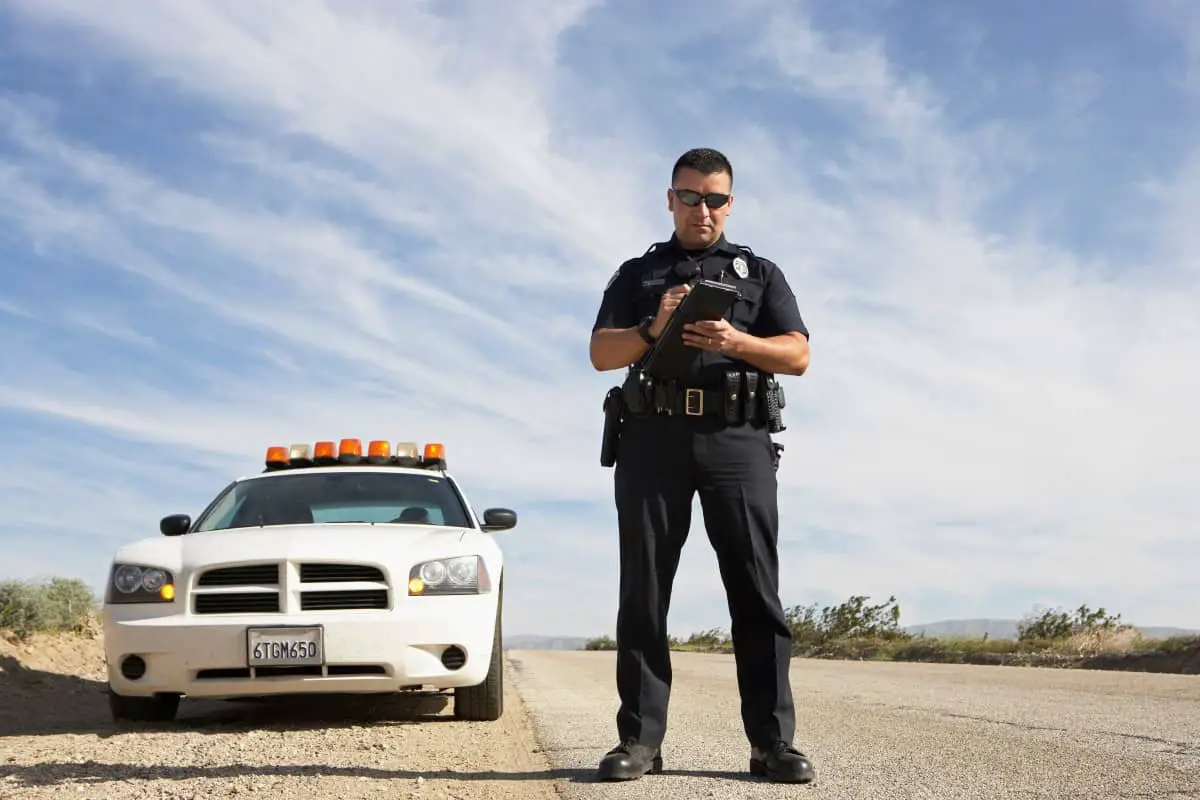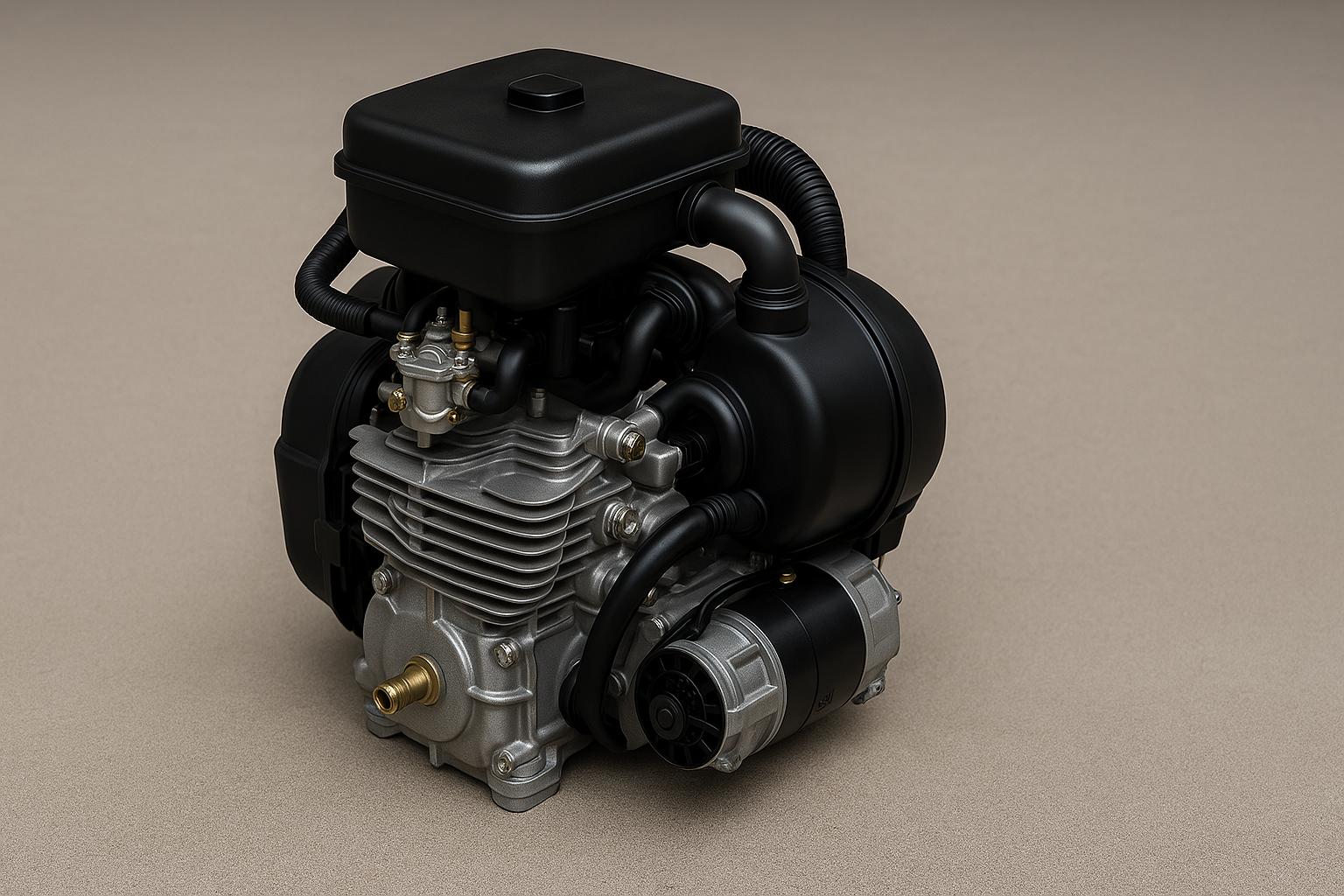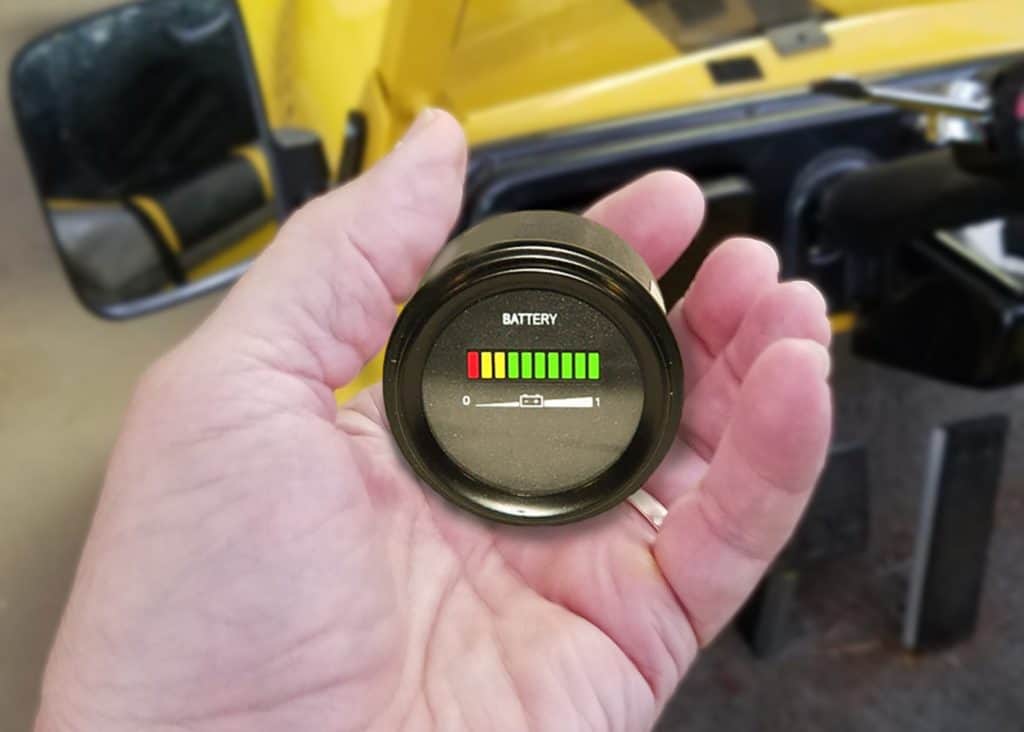When it comes to owning a golf cart, many people think they need to apply for a title just like they would with their car. But the truth is golf carts require no title or registration in most states!
This means golf cart owners don’t have to spend extra money on additional paperwork when they buy or sell theirs. So why do so many people wonder do golf carts have titles?
It’s easy to be confused about this topic. In this article, I’ll explain why golf carts don’t require titles and how you can still track the ownership of your golf cart without one.
Low-Speed Vehicles (Street Legal)
While it’s true that golf carts do not need titles, street-legal LSVs do. if you intend to drive your cart on the street then there are certain rules and regulations that need to be followed. Street legal golf carts must adhere to state guidelines as they may vary depending on where you live, such as roads with a speed limit of 35 mph.
For instance, state traffic laws may dictate the type of tires that your cart must have, speed limits, headlights and tail lights, mirrors, parking brakes, and in some cases, even seat belts.
Therefore, depending on where you live and what streets you plan to ride your golf cart on, there may be a few extra steps that need to be taken when buying or selling street-legal golf carts – such as obtaining special permits or registering them with local authorities.
How do golf carts and low-speed vehicles differ?
An LSV (Low-Speed Vehicle) and a standard golf cart are two terms that differentiate from each other, meaning that while an LSV may be used as a golf cart, it is not precisely classified as such. Generally speaking, an LSV is displayed as an electric vehicle that has a maximum speed of more than 20 miles per hour though under 25 MPH which differs between states. Conversely, the top speed of a golf cart must always be less than 20 MPH. The permissible road speed limit also varies per area; so check the corresponding chart for your state’s traffic regulations.
Golf carts are defined in section 320.01(22), Florida Statutes, as “a motor vehicle that is designed and manufactured for operation on a golf course for sporting or recreational purposes and that is not capable of exceeding speeds of 20 miles per hour.” Golf carts may be operated on roadways that are designated for golf carts with a posted speed limit of 30 mph or less.
An LSV or low-speed vehicle is a type of golf cart that meets the rules and regulations set by state and federal safety standards laws in order to be driven on public roads.
Source: flhsmv.gov
LSVs are classed as slow-moving vehicles, so they aren’t allowed to be used on the freeway. Actually, federal law requires vehicles to be able to reach a minimum speed of 25 mph and then stay on public streets with a speed limit of 25mph or less (in some states, the speed limit is 35mph).
Additionally, all low-speed vehicles must be powered by electricity instead of gas according to Federal Motor Vehicle Safety Standards.
Other safety equipment requirements LSVs have that golf carts do not…
- Headlights
- Tail Lamps
- Turn signals
- Brake lights.
- Windshield
- Horn (in some municipalities)
- Slow-moving vehicle emblem (in some municipalities)
- Seat belts (including the passenger side) for each designated seat
- Exterior mirrors
- Valid Driver license
- License plate
- Vehicle Identification Number (VIN)
- Vehicle registration
- Proof of Insurance.
Frequently Asked Questions
Do Golf Carts Have A VIN Number?
How Do You Get A VIN Number If You Are Converting To An LSV?
This process typically involves submitting an application along with any necessary documentation and fees. Additionally, some states may require that you pass certain tests or meet other criteria before being allowed to operate a golf cart on public roads. It is important to research the specific laws in your area before attempting to obtain a VIN for your low-speed vehicle.
Conclusion
In conclusion, if you’re thinking of purchasing or operating a golf cart or Low-Speed Vehicle (LSV) it’s important to know whether or not you have a legal requirement for a title. Fortunately, the answer is no – traditional golf carts do not need titles, but LSVs do. Knowing this distinction can help make your experience with recreational vehicles easier and more enjoyable. Now that you know whether or not you need a title for your cart, get out there and enjoy the ride!





